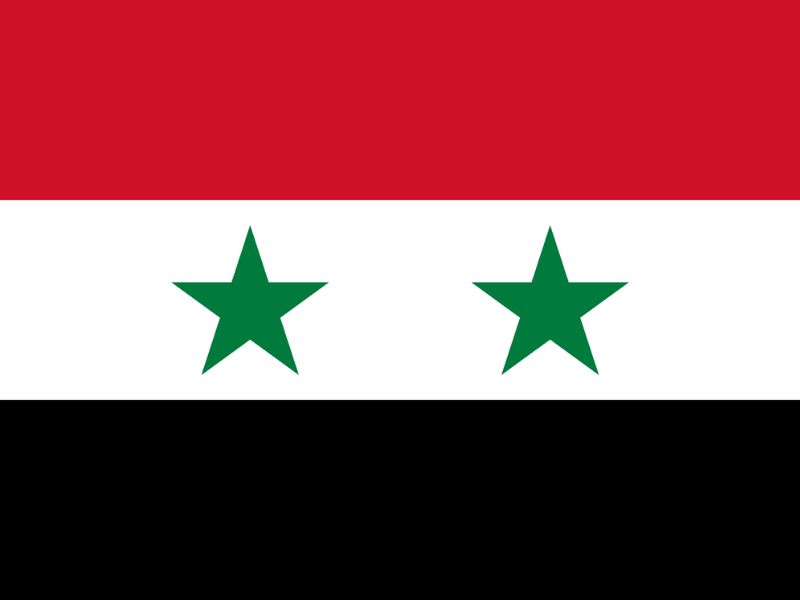Syria’s Parliamentary Elections a Historic but Limited Step

Syria (International Christian Concern) — In Syria’s first elections since rebel forces deposed longtime dictator Bashar al-Assad in December 2025, 119 new parliamentarians have been announced after voting that began Sunday.
An additional 21 seats were not voted on because they represent areas not currently under government control, and the remaining seventy seats in the 210-member parliament will be appointed directly by President Ahmed al-Shara.
Kurdish-held areas in the northeast were among those currently excluded from the vote, as their relationship with the Shara administration has yet to be finalized.
The election exercise did not solicit votes directly from the public, instead turning to local councils chosen by regional electoral bodies. A direct public vote was deemed logistically impossible at the current time, with many citizens displaced and without proper identification after decades of civil war.
According to the initial results, only six seats went to women and fewer than a dozen to members of religious and ethnic minority communities. The overwhelming majority of those elected belong to the dominant Sunni majority, leading to concerns that the new parliament may usher in an era marked by Sunni nationalism.
Only a single Christian was elected, according to media reports. While Christians are largely concentrated in cities such as Damascus and Aleppo, these areas did not choose a Christian representative.
Observers both within the country and internationally are eagerly awaiting President Shara’s 70 parliamentary appointments, due to be announced in the next two weeks. Syrian government officials have indicated that his appointments will seek to address some of the imbalances in the election results. Whether the appointments make good on that promise or double down on the Sunni majority already in place remains to be seen.
While Sharaa’s new government has promised to protect religious minorities and their place in society, such an inclusive effort must overcome decades of tension between communities and is far from a sure conclusion.
Sharaa has made many statements extolling the virtues of religious tolerance and has engaged in concrete steps to ensure their safety.
“Diversity is our strength, not a weakness,” Sharaa declared in an edict upon capturing Aleppo en route to Damascus in December 2025.
Still, HTS-aligned fighters reportedly went door to door when they first captured Damascus, asking residents to identify their faith, suggesting that religion may continue to act as a point of tension. Sharaa is an avowed proponent of the Salafi-jihadist ideology and has much deeper roots as a persecutor of religion than a promoter of its free practice.
Part of the inconsistent messaging may lie in the fact that Sharaa has always been focused on opposing the Assad regime, rather than clearly establishing his own positive vision for the country.
Some analysts predict that Sharaa’s deep roots in Islamic jihad will lead to further attacks on ethnic and religious minority communities. Sharaa began his career with the Islamic State group in Iraq, before creating his own al-Qaida-aligned militant group in Syria.
Other analysts argue that Sharaa’s main concern will be to rebuild a country torn by decades of war — something that will require international cooperation and may incentivize Sharaa to respect international human rights norms.
As the international community watches to see what type of government will replace the Assad regime, hundreds of thousands of religious minorities in Syria are watching too. For them, the new government’s respect for religious freedom is an intensely personal unknown.
Should Sharaa continue to signal support for the rights of Christians and others, such as the Alawites and Druze, that would be a fundamental shift for the better. But that outcome is far from guaranteed, and a reversion to his old ways when he worked with the Islamic State and al-Qaida would be disastrous for these already-vulnerable communities that suffered so much under Assad.
To read more news stories, visit the ICC Newsroom. For interviews, please email [email protected]. To support ICC’s work around the world, please give to our Where Most Needed Fund.
